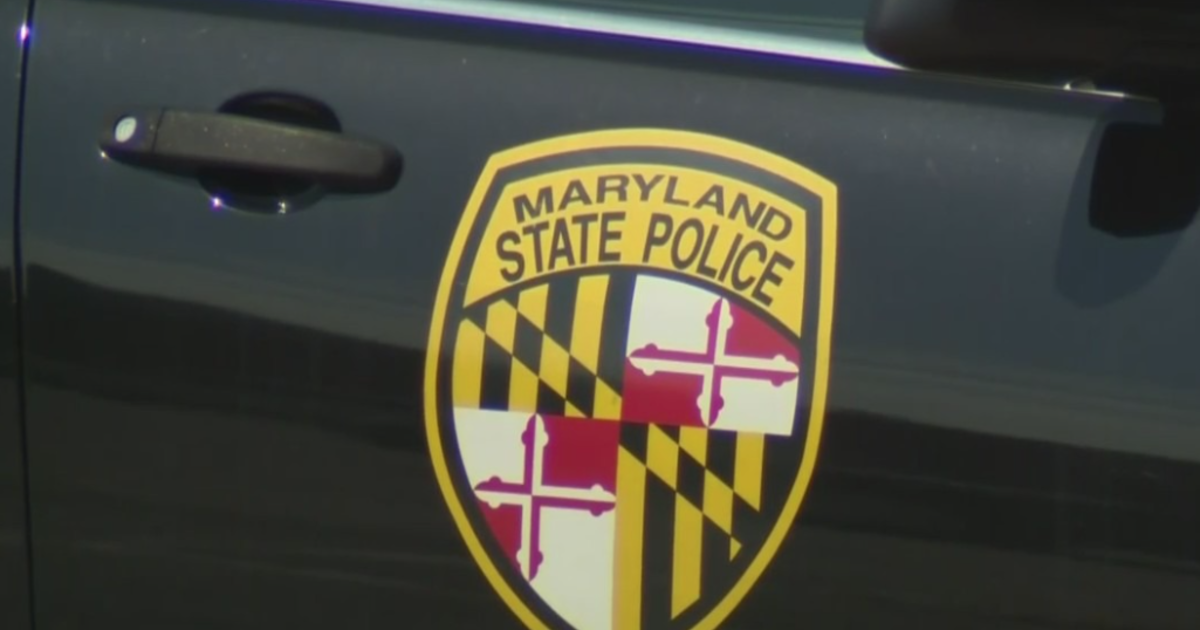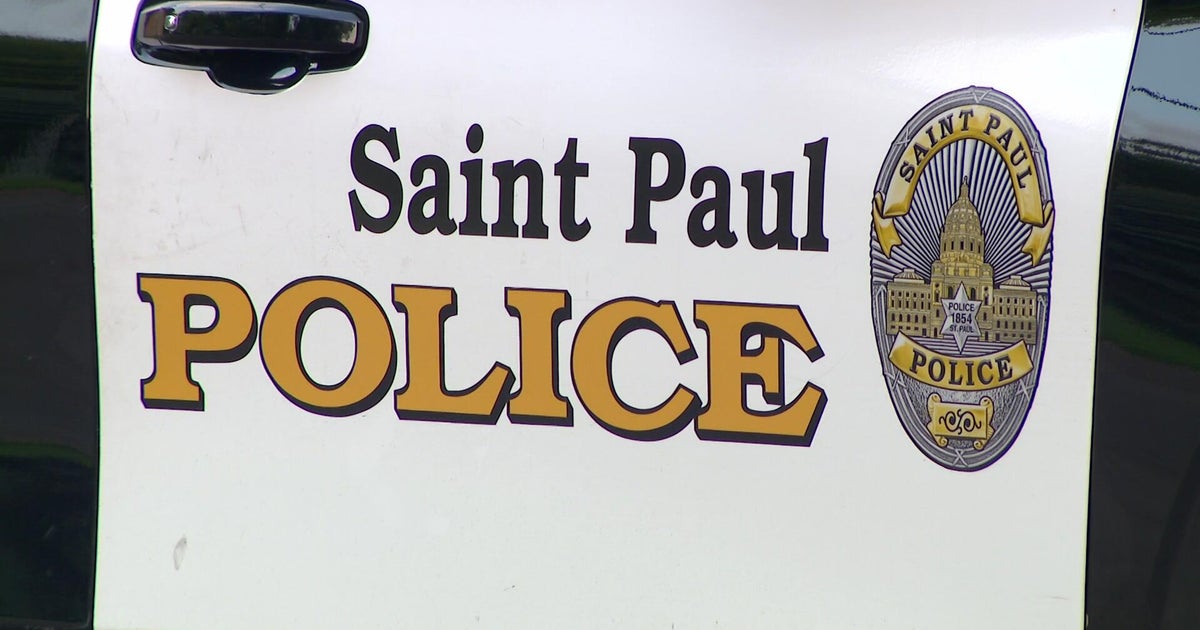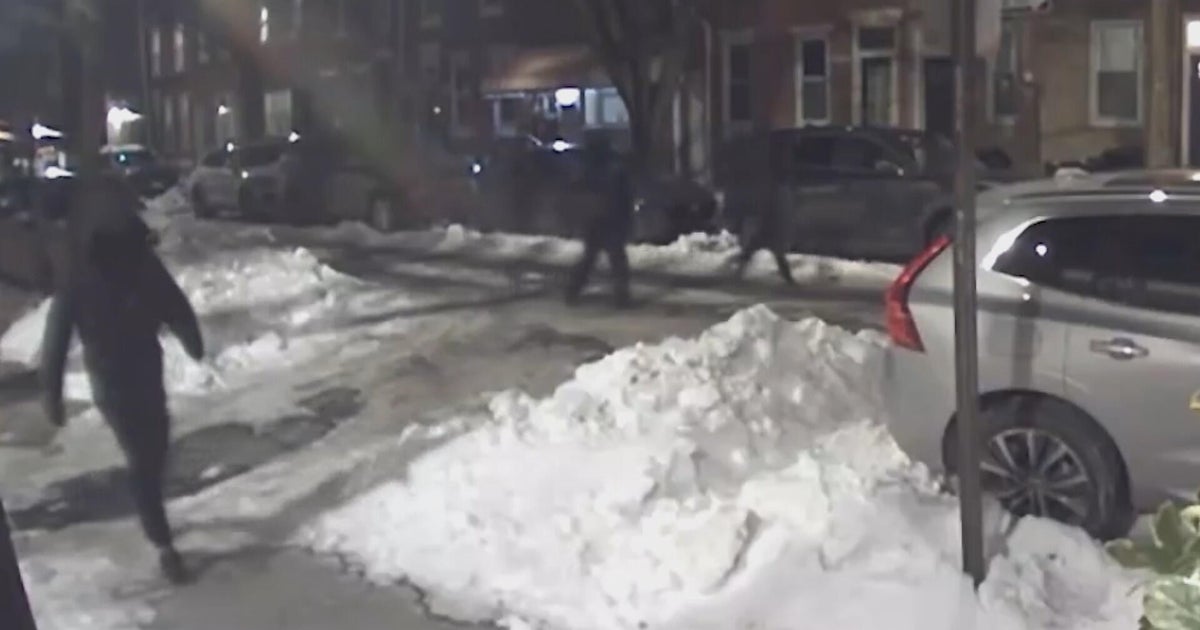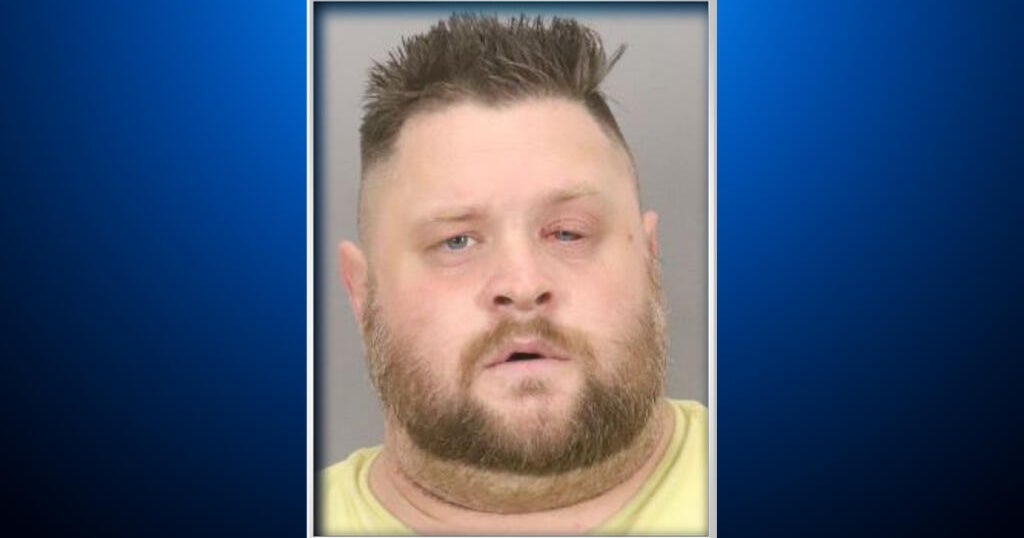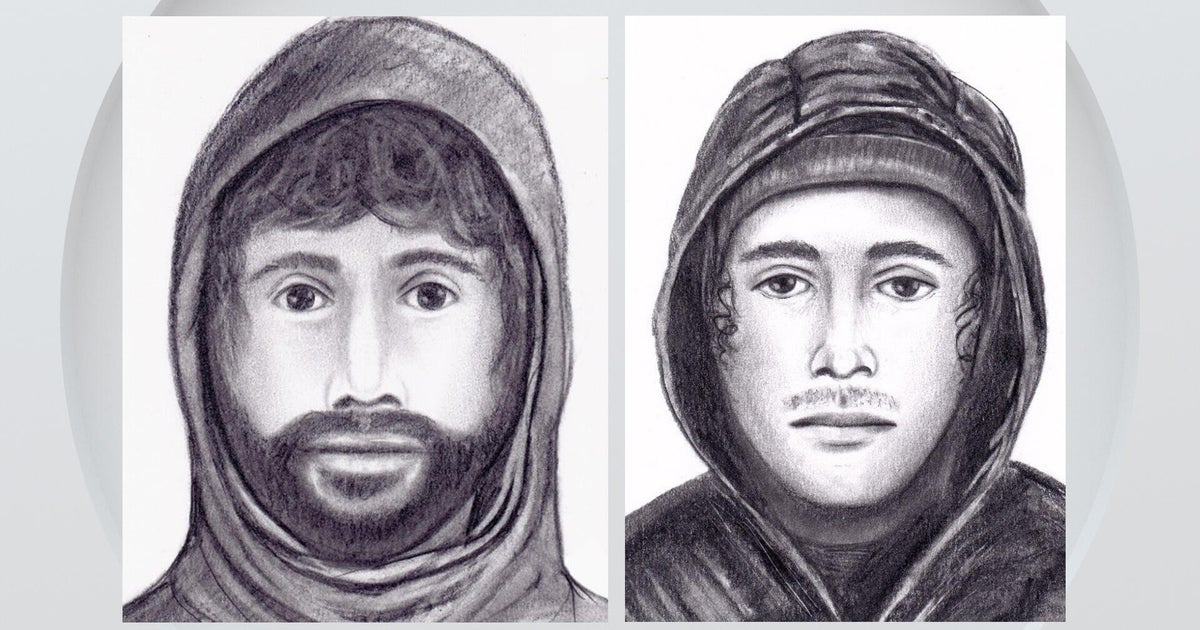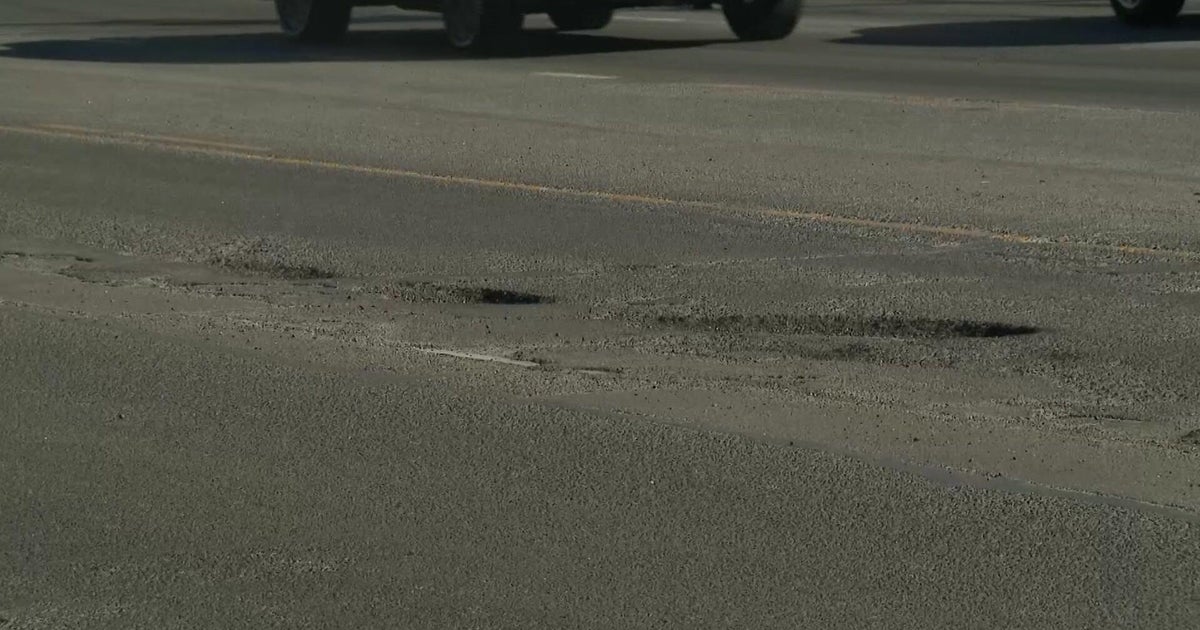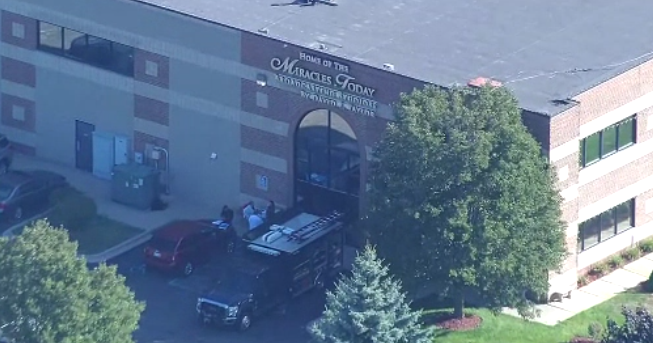Forensics experts are using Touch DNA to solve Maryland's crimes
PIKESVILLE, Md. -- Maryland State Police reached a milestone at the state's DNA database this month after the agency recorded 10,000 positive comparisons or "hits."
A hit happens when DNA found at a crime scene or from a victim is matched with DNA from a known offender sample or DNA taken from another crime scene.
Matches come through CODIS, which is the acronym for Combined DNA Index System. CODIS houses the state's DNA database and national DNA database.
"One of the great things about recognizing our 10,000th DNA CODIS hit is to recognize how far the DNA database has come over the years," Daniel Katz, the director of the Maryland State Police Forensic Sciences Division, said. "It took 25 years to get the first 5,000 hits, and then these last 5,000 hits have come just within six years."
In September, scientists with the Maryland State Police forwarded to investigators with Homeland Security and Prince George's County's Police Department the 10,000th DNA comparison, which was connected to an open 2020 drug case.
Law enforcement intercepted a parcel containing a kilogram of fentanyl, according to the Maryland State Police.
During a search warrant, a respirator that contained fentanyl residue was put into evidence and swabbed for DNA. The profile matched a man's DNA that had been collected and added to the DNA database after a previous drug conviction.
As the database grows, both in the number of crime scene samples as well as the number of offender samples, the efficiency also grows, which allows for quicker hits. Those hits can then be used to solve crimes, according to Katz.
Advancements in technology have also helped to expand the DNA database.
"We're at the point where we can get reliable DNA profiles from not just bloodstains or visible stains, but we're dealing with touch DNA," Katz said. "This is where people are simply transferring their DNA by coming in contact with something."
Touch DNA is what Baltimore City prosecutors used to exonerate Adnan Syed in the 1999 murder case against his ex-girlfriend, Hae Min Lee.
On Oct. 11, prosecutors dropped all charges against Syed, who had been sentenced to life in prison. He spent more than 20 years of his life behind bars.
Baltimore City State's Attorney, Marylin Mosby, approved additional forensic testing in Syed's case in March.
Mosby explained that never before tested items of Lee's, including a skirt, pantyhose, a jacket and shoes were forensically examined.
A "DNA mixture" of multiple contributors was found on both of Lee's shoes, but Syed's profile was not found.
Previously, Mosby said during a sit-down interview that she was unable to disclose whose DNA may have been confirmed through that exam.
"I can't tell you or reveal anything at this point because it's open and pending," Mosby told WJZ. "It would be prejudicial to the individuals who have not yet been charged."
Lee's murder investigation is one of thousands of examples demonstrating how science and technology can work hand-and-hand in criminal cases.
To date, there have been 141,572 Maryland convicted offender DNA profiles in CODIS, MSP stated.
Currently, Maryland law requires anyone convicted of a felony, fourth degree burglary, or breaking and entering into a motor vehicle to submit a DNA sample, which then becomes part of the DNA database.

